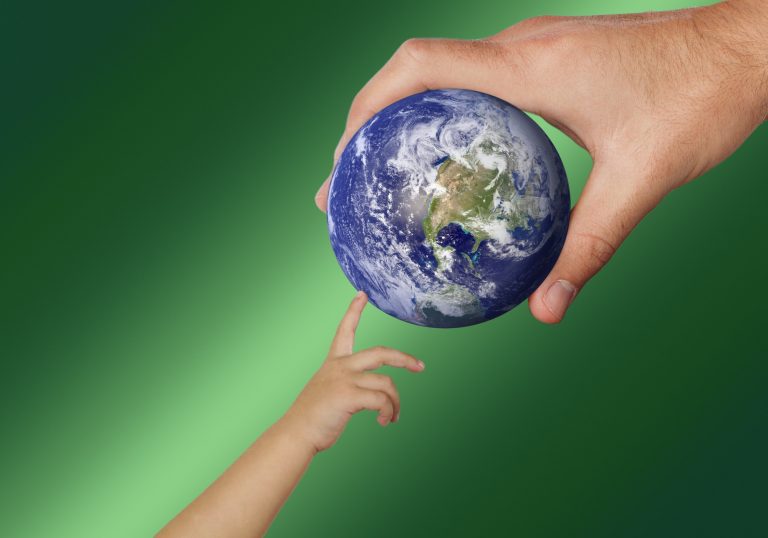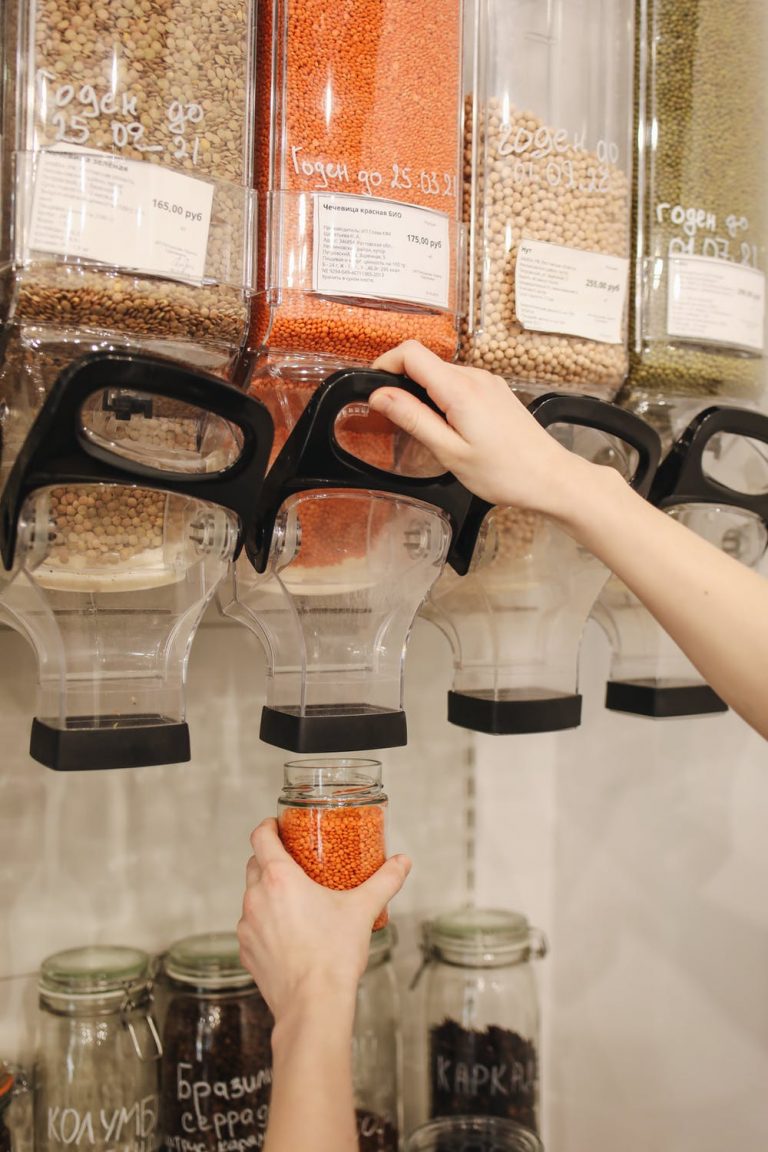
Plastic production has considerably increased since the early 1950s, researchers estimate that 8.3 billion tons of plastic have been produced since then which is the equivalent to the weight of more than 800,000 Eiffel Towers. According to the UN Environment, “we produce today around 300 million tons every year, which is equivalent to the weight of the whole human population”.
There is no secret that plastic has a bad impact on the environment as most of the plastic produced ends up in the environment. For that reason, many companies, such as MarinaTex, are constantly innovating to find original alternatives to plastic.
MarinaTex

MarinaTex was created by Lucy Hughes, a product designer graduate from the University of Sussex, as a final year project. It is a bioplastic material designed to serve as an alternative to single-use plastic in a variety of applications.
In one of her interviews, Lucy Hughes affirms that this MarinaTex bioplastic is home-compostable and only takes 4 to 6 weeks to degrade. This means it can decompose in a home compostable environment where the temperatures range between 44°C and 79°C.
The MarinaTex Plastic is made from red algae and organic waste coming from the fishing industry. It is also translucent and can, therefore, replace bakery bags and all other packaging that have a window. This will allow people to see through this biodegradable bioplastic before they buy the product.
Besides packaging, plastic can also be replaced in the manufacturingprocess, and here again, there are many other alternatives to plastic such as stainless steel and bamboo. These eco-friendly materials should be taken into consideration while looking for sustainable products.
Stainless Steel

Stainless steel has many benefits as it is easily recyclable and can be recycled endlessly without losing its quality. It is also durable, resistant to rust, doesn’t require high maintenance, and is easy to clean. In addition, stainless steel is BPA-free, doesn’t leak harmful chemicals such as phthalates, and can be an excellent alternative to cling films. Many items are made of stainless steel such as sustainable razors, water bottles, and lunch boxes.
Bamboo
 Bamboo can be considered as the best eco-friendly material as it is durable and 100% biodegradable. Bamboo grows up to 2 feet with a small amount of water every day, plus it doesn’t need pesticides or fertilizers which make the bamboo products eco-friendly. The best thing about bamboo is that it can be used in making many products, from bamboo sunglasses, straws, coffee cups, razors, and can also be used in the clothing industry.
Bamboo can be considered as the best eco-friendly material as it is durable and 100% biodegradable. Bamboo grows up to 2 feet with a small amount of water every day, plus it doesn’t need pesticides or fertilizers which make the bamboo products eco-friendly. The best thing about bamboo is that it can be used in making many products, from bamboo sunglasses, straws, coffee cups, razors, and can also be used in the clothing industry.
Liquid Wood
You have heard of stainless steel, and you have certainly heard of bamboo, but have you ever heard about Liquid Wood? Liquid Wood is a 100% organic bioplastic that acts exactly like plastic, but it is biodegradable and recyclable. This plastic substitute comes from pulp-based lignin, a renewable resource. German researchers have incorporated liquid wood into many items such as toys, golf tees, and hi-fi speaker boxes.

It is true that plastic is present everywhere since it has many valuable uses, however, it has also so many bad consequences on the environment. Fortunately, there are several alternatives to plastic such as stainless steel, bamboo, liquid wood that are eco-friendlier as they are biodegradable and recyclable. With all that being said, the use of plastic is no longer acceptable.



